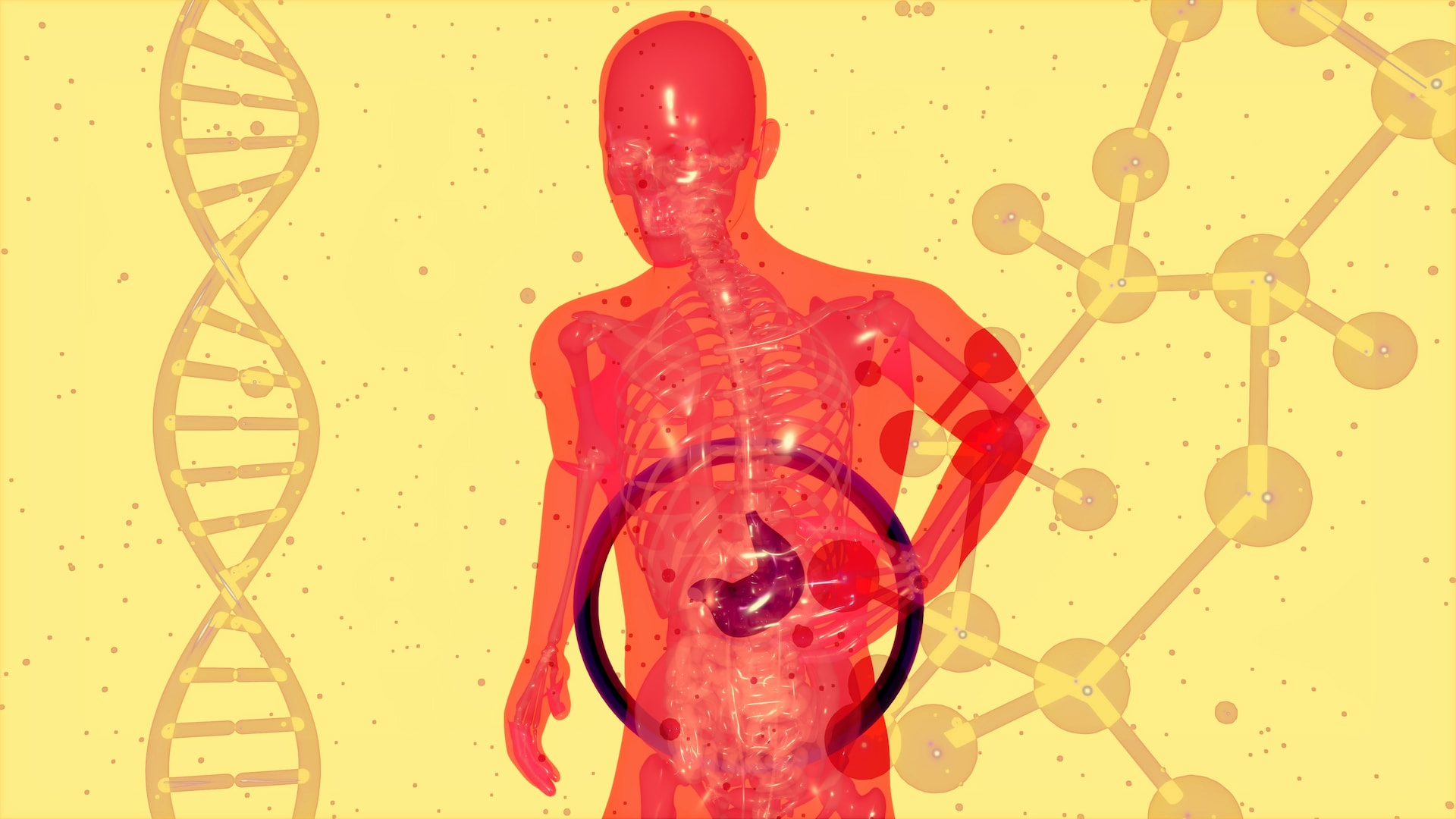
As parents, guardians, or caregivers, understanding the signs and symptoms of liver failure in children is essential. The liver plays a crucial role in different bodily functions, and any disorder can have serious consequences.
In this blog, we’ll explore the quiet signals that might point to your children’s liver distress— from jaundice and abdominal pain to changes in appetite and energy levels.
But worry not—knowledge is power. We will also mention treatment steps that can help reduce the possibility of liver failure in children.
Discover how timely actions can affect a child’s quality of life and overall health, from lifestyle changes to keen obedience.
What is Liver Failure?
Liver failure arises when the liver’s ability to function correctly is compromised, often due to an illness or injury. This can result in infections or genetic conditions in children. The liver’s role in filtering blood, producing proteins, and aiding digestion becomes damaged.
Understanding the underlying causes and recognizing early signs is necessary for effective treatment.
What are the Early Signs of Liver Failure in Children?
In the beginning stages, the signs of liver failure can appear common; these include:
- Nausea or vomiting
- Tiredness
- Not feeling hunger
- Abdominal pain
If you notice any of the above signs in your child, you should seek immediate medical assistance.
As liver failure worsens, it can show the following symptoms:
1. Jaundice
It is a medical condition that causes the skin and eyes to turn yellow due to a buildup of a substance called bilirubin. Jaundice can occur in children when the liver has trouble processing bilirubin correctly. It is common in newborns whose livers are still growing. As per some studies, about 80 percent of premature infants end up with jaundice.
However, if jaundice progresses, children might become unusually tired and irritable, hampering their everyday activities.
Other signs can be:
- Look for pale-colored stools that indicate improper bile flow.
- Urine can become darker in color.
- Infants might display reduced appetite or feeding difficulties.
- Older children might complain of abdominal discomfort.
- Sudden weight loss without apparent reason.
- Some children might develop symptoms similar to the flu, such as fever and body aches.
Treating jaundice in children involves:
- Phototherapy: Special lights help break down excess bilirubin in the skin.
- Fluid Intake: Increased fluids aid in flushing out bilirubin.
- Nutrition: Proper diet supports liver function.
- Medical Supervision: Regular check-ups ensure adequate progress.
2. Severe Itching
It is a significant indicator of liver failure in children. The buildup of bile salts due to compromised liver function can lead to this uncomfortable symptom. The itching is usually intense and might disrupt sleep and daily activities.
Treating severe itching in children involves:
- Prescribed medications to ease itching.
- Maintaining proper skin hygiene to prevent complications.
- Incorporating soothing baths and moisturizers.
- Consulting a medical professional for guidance.
3. Liver Enlargement
Liver enlargement, also known as hepatomegaly, is a concerning sign often associated with liver failure in children. When the liver is affected due to an infection or inflammation, it can grow in size. This enlargement indicates that the liver is struggling to perform its functions adequately. Identifying this symptom and other signs can provide valuable insights into a child’s liver health.
Treating Liver Enlargement in children involves:
- Medications: Depending on the diagnosis, specific medicines might help manage infections or inflammation.
- Lifestyle Changes: Dietary adjustments and maintaining a healthy lifestyle can also benefit.
- Close Monitoring: Regular medical check-ups ensure progress and prompt adjustment of treatment plans.
- Surgical Interventions: In severe cases, surgical procedures might be needed to relieve pressure and restore liver function.
Conclusion
Timely recognition of liver failure indicators in children is crucial. Parents should stay alert for minor appetite, energy, or skin tone changes. Also, consulting healthcare personnel for accurate diagnosis and tailored treatment strategies is necessary.
Jaundice prevention is difficult if caused by inherited or autoimmune conditions. However, good hygiene and avoiding virus transmission may reduce risk.



